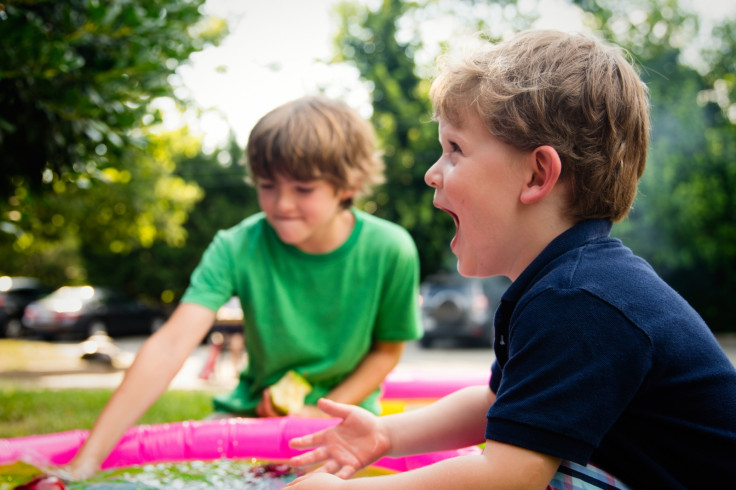Coronavirus pandemic results in PTSD in children and young adults: Report
London-based charity Childhood Trust warns about post-traumatic stress children from disadvantaged families are experiencing due to coronavirus.
Coronavirus is known to have a severe impact on the body and mind of the infected person. However, researchers suggest that it is also causing post-traumatic stress disorder (PTSD), particularly in children as a result of the pandemic.
In its recent report, Childhood Trust, a charitable organisation supporting vulnerable children affected by coronavirus crisis, has revealed that one of the most severe consequences of the pandemic on disadvantaged or marginalised children is traumatic and post-traumatic stress.
"Current social distancing measures enforced on children because of COVID19 are likely to increase the risk of depression and probably anxiety, as well as possible post-traumatic stress," Dr Maria Loades, University of Bath said in the report.
With the help of a systematic review of 63 studies and a total of 51,576 participants, it is suggested that the pandemic will have "long lasting effects" on children and young adults.
Meanwhile, speaking to BBC, Laurence Guinness, chief executive of the Childhood Trust, said that many children they interacted with were already experiencing "'vivid nightmares' about the coronavirus and death - a possible side-effect of post-traumatic stress disorder (PTSD)."
It is said that the rising number of deaths due to COVID-19 disease caused by coronavirus has impacted children's mental health causing them to worry about the future and their loved ones. "The rising death tolls being reported every day - these kids have seen all of that and internalised it," Guinness added.
The report has highlighted different aspects of the impact the lockdown that was imposed by several governments to curb the pandemic had on children. It outlines increased exposure to emotional and physical abuse at home, mental health concerns, loss of educational learning, heightened food insecurity, homelessness, housing risks, and loss of playtime with friends.
"My friends call to check up on me, but sometimes I scream into the phone because I'm so stressed," notes a 10-year-old Olivia in the report.
Meanwhile, students from economically weaker sections have restricted access to resources which could adversely affect them and prove to be a stressor.
"Students from disadvantaged backgrounds have significantly fewer - if any – resources including limited access to technology and internet connection [36], restricted supervision or guidance over educational activities [37], and an unstable working environment," reads the study.

In addition, Guinness reveals that children with special educational needs are also "hard-hit." Meanwhile, there is an anticipated rise in child abuse and exploitation under lockdown.
Galiema Amien-Cloete, a primary school headteacher in London told BBC that these issues will continue to impact the "entire generation" for a long time after the coronavirus pandemic is over.
© Copyright IBTimes 2025. All rights reserved.





















